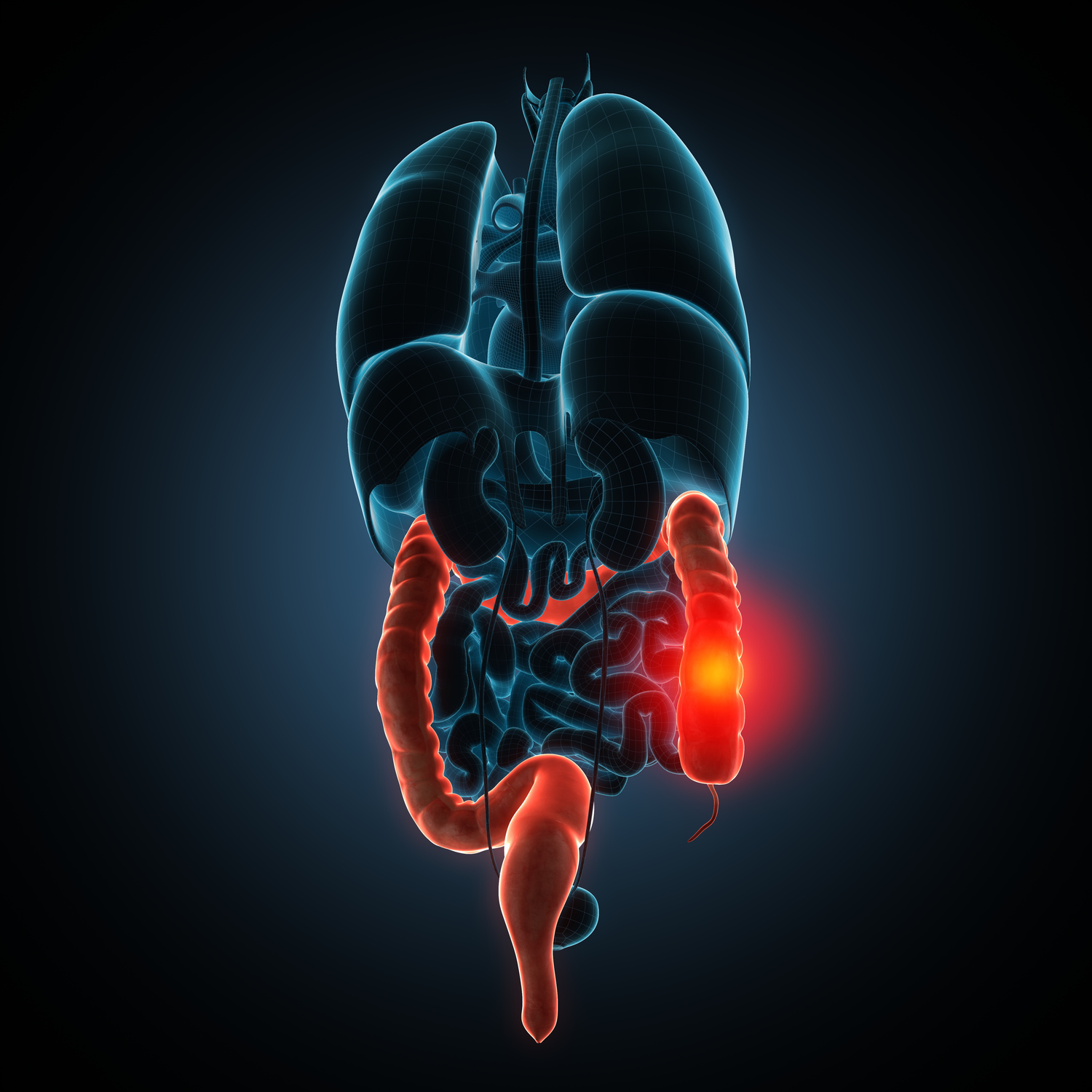Recognizing the Key Signs of H Pylori Infection
This article highlights essential symptoms of H Pylori infection, including digestive issues, weight fluctuations, fatigue, mood changes, and oral symptoms. Recognizing these signs early can lead to timely diagnosis and effective treatment. Proper hygiene and water sanitation are key preventive measures. Understanding these indicators helps individuals seek medical advice promptly, avoiding severe complications like ulcers or stomach cancer. The article emphasizes the importance of consulting healthcare professionals for accurate diagnosis and targeted treatment options for H Pylori infection.

Recognizing the Key Signs of H Pylori Infection
Helicobacter pylori, commonly known as H Pylori, is a bacteria that can settle within your digestive system. These microbes can persist for years, causing sores called ulcers in the stomach lining or upper small intestine. Over time, an untreated infection may lead to stomach cancer. While many individuals carry H Pylori without symptoms, some experience noticeable signs. Fortunately, with appropriate medication, the infection is treatable. Good hygiene and clean water are crucial preventative measures. Recognizing early symptoms can facilitate prompt diagnosis and management.
Digestive health can be protected through sanitation and clean water. The following indicators can help identify H Pylori infection early.
Gas, bloating, diarrhea, and constipation
The stomach's acids play a vital role in immunity, destroying harmful bacteria and aiding digestion. H Pylori disrupts acid production, leading to digestive issues such as gas, bloating, diarrhea, and constipation.
Nausea and vomiting
When digestion is disturbed, body functions can be affected. Nausea and vomiting are common symptoms of H Pylori infection, often mistaken for pregnancy-related morning sickness.
GERD and Acid Reflux
Frequent acid reflux or heartburn might indicate an H Pylori infection. Many affected individuals report these symptoms.
Unintentional weight and muscle loss
Unexpected weight loss, especially despite a healthy diet and regular exercise, can suggest H Pylori presence. The bacteria interfere with stomach acid, impeding digestion and leading to muscle wasting and unhealthy weight loss.
Difficulty in losing weight
Paradoxically, some people find it hard to shed pounds due to elevated cortisol levels caused by stress from infection. Cortisol promotes fat deposition around the abdomen and muscle loss, hindering weight management.
Persistent fatigue and low energy
Chronic stress from H Pylori can drain your energy, making you feel exhausted. Impaired digestion deprives the body of essential nutrients, contributing to fatigue.
Hormonal disturbances, mood swings, and PMS
Infection-induced stress boosts cortisol, disrupting hormonal balance. This may result in mood swings or PMS symptoms.
Depression and anxiety
Since serotonin production occurs mainly in the gut, damage from H Pylori reduces serotonin levels, leading to feelings of anxiety and depression.
Bad breath, gum issues, and oral infections
While primarily residing in the stomach, H Pylori can also colonize the mouth, causing halitosis, gum disease, and other oral infections.
Sinus pain or congestion
Sinus issues like congestion or pain may be linked to digestive problems caused by H Pylori, as the systems are interconnected.
Other less frequent symptoms include joint discomfort, abdominal cramps, yeast infections, swollen lymph nodes, chills, mental fog, and headaches.










